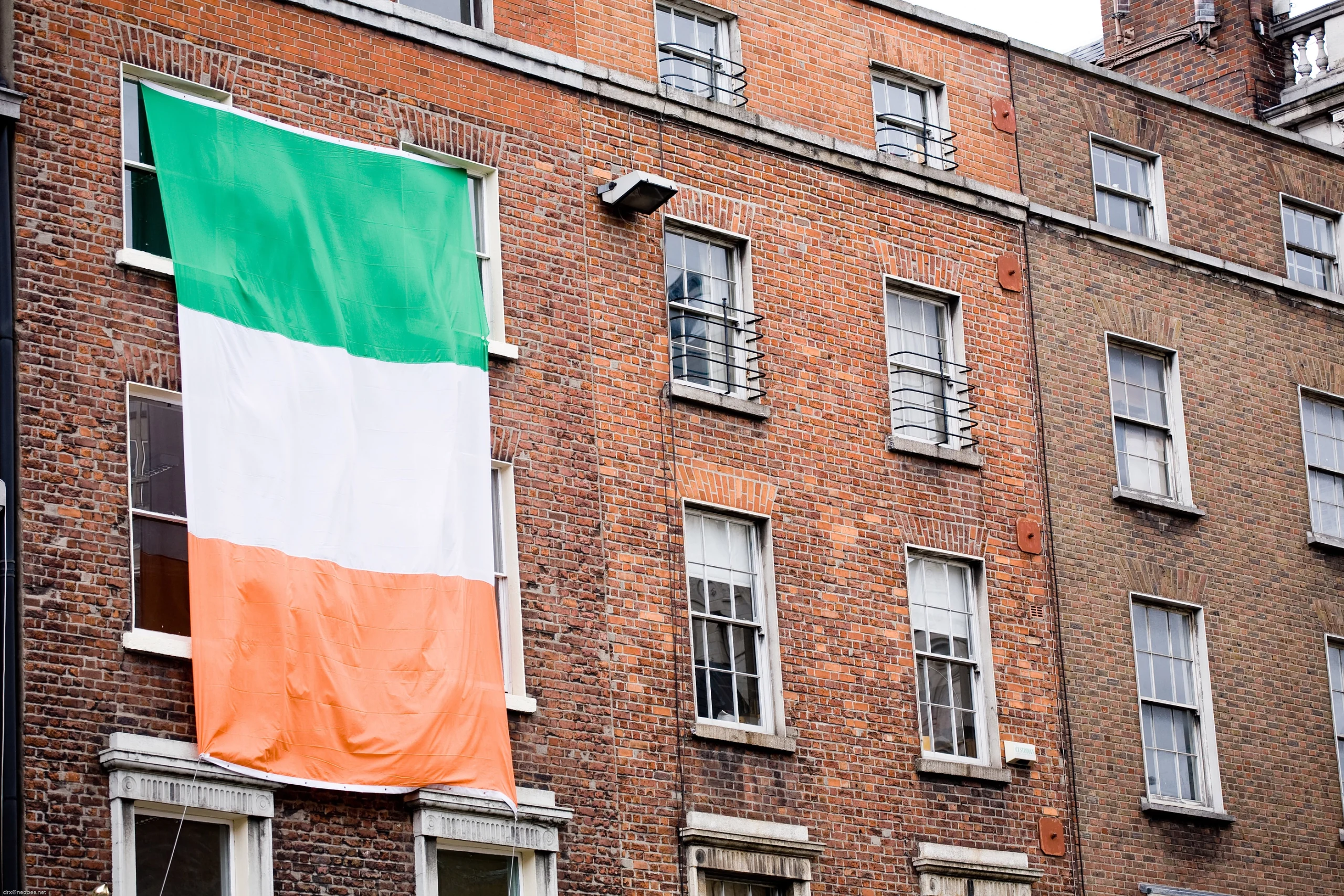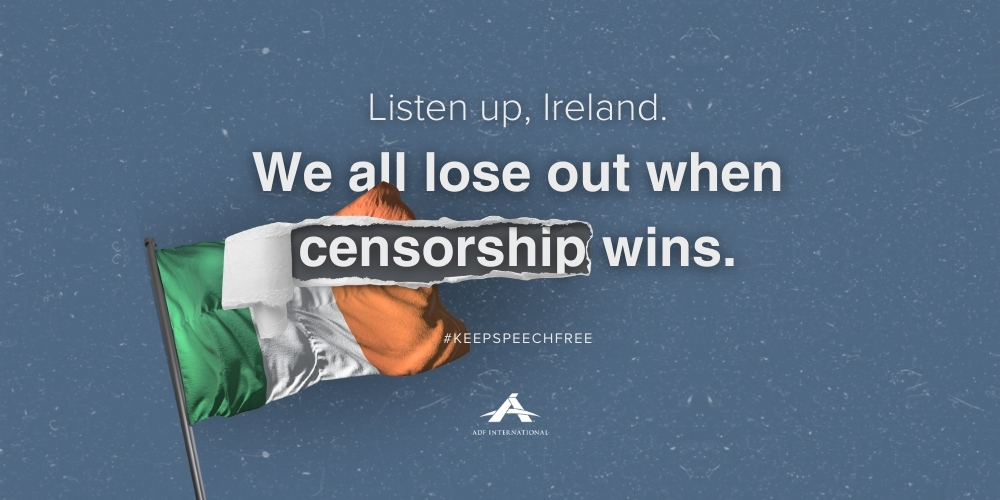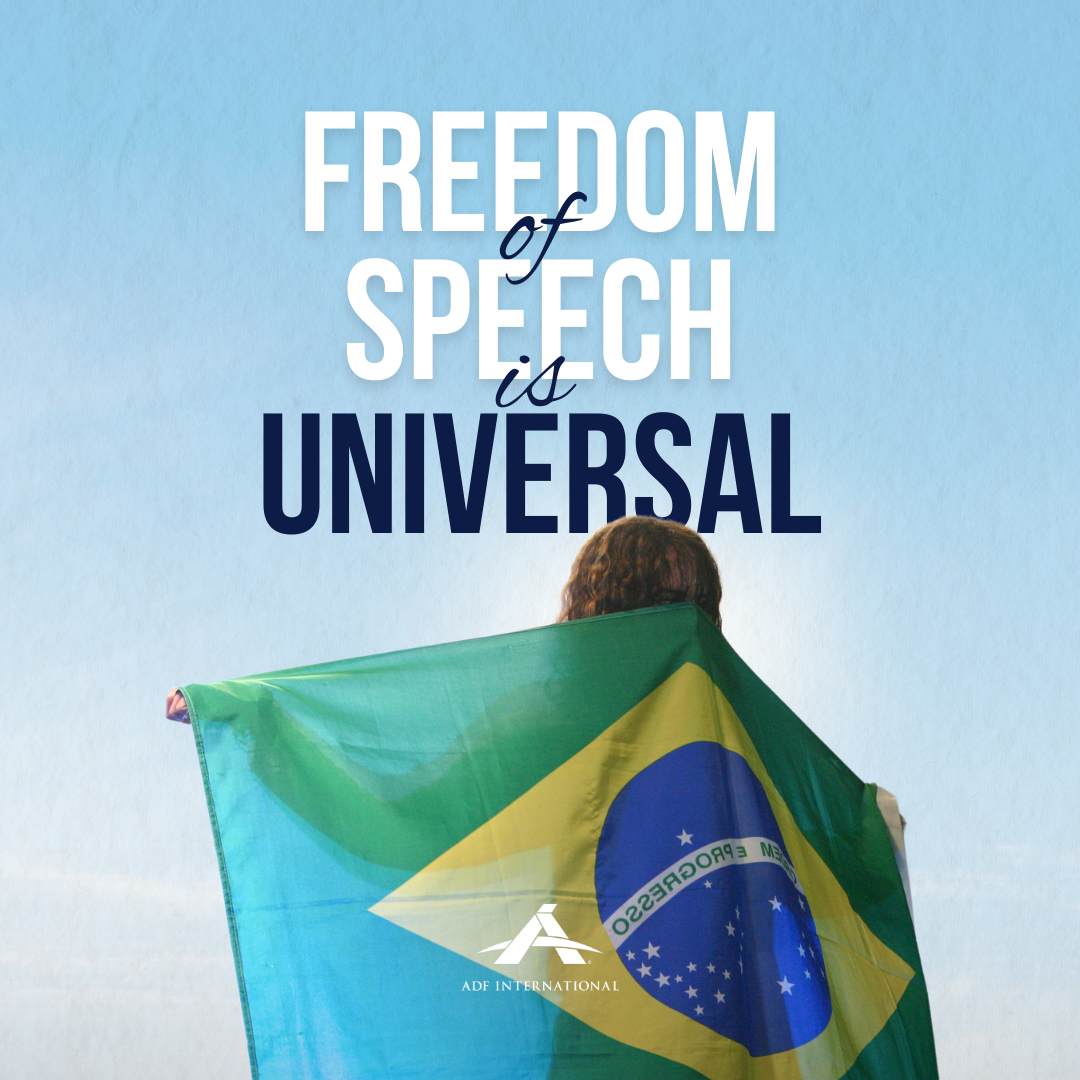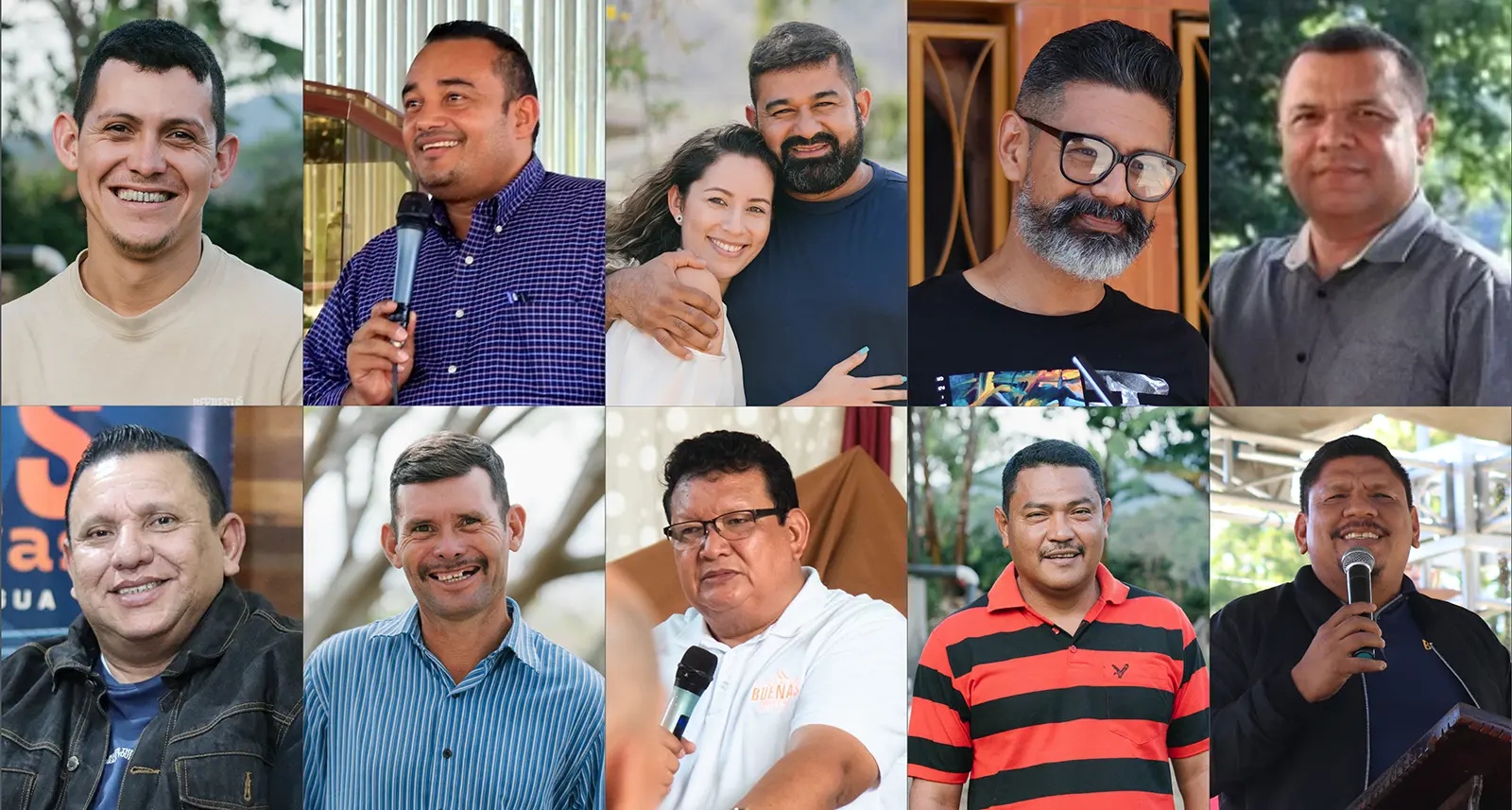- In July, Geneva’s highest court demanded parents, under threat of criminal charges, enable child’s legal “sex change” by handing over her identity documents
- Swiss Supreme Court has “frozen” threat of criminal charges following parents filing appeal in court last week, pending outcome of case
- ADF International backs parents’ legal challenge, which can be supported HERE
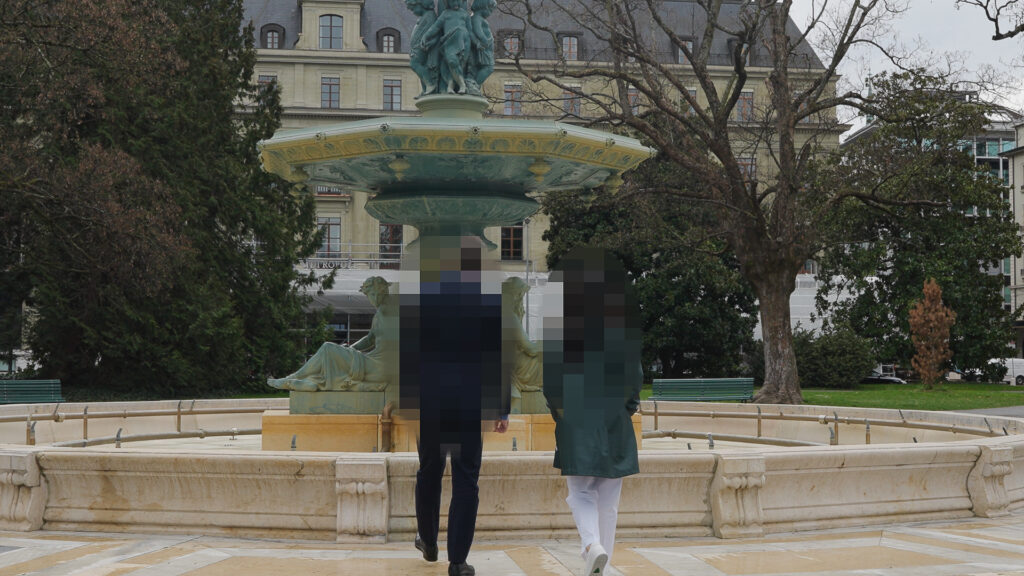
Basel (25 September 2024) – The Swiss Federal Supreme Court has suspended the threat of criminal charges against parents separated from their daughter for refusing to enable her gender “transition”.
The decision was made following the parents filing an appeal at the court (Schweizerisches Bundesgericht) last week. The parents, with the legal support of ADF International, are appealing a ruling ordering them to facilitate their 16-year-old teenager’s legal “sex change” by handing over her identity documents.
“As a parent you want to protect your children. The state should not have the power to criminalise loving parents who want the best for their child."
- Father
The parents, whose identity is being kept anonymous, were separated from their daughter over a year ago by court order after they objected to their child’s “transition”, in a case that has garnered worldwide attention. A video of the parents explaining their harrowing story has been viewed over 66 million times.
Speaking about the appeal, the father said: “Our hope lies now with the Swiss Federal Supreme Court.
“As a parent you want to protect your children. The state should not have the power to criminalise loving parents who want the best for their child.”
The parents are appealing a July ruling from the highest court in the canton of Geneva, the Court of Justice.
Before the intervention of the Supreme Court, the ruling meant the parents could have been criminally charged if they did not hand over their daughter’s identity documents for her recorded sex to be changed from female to male in the civil registry records, in a legal “sex change”.
A legal “sex change” could lead the daughter down the path of harmful physical interventions of puberty blockers, “cross-sex” hormone drugs, and, ultimately, body-altering surgeries.
Case background
The case centres on parents who responded to the mental health struggles of their daughter, who expressed “gender confusion”, with care and support, including obtaining mental health care for her.
Concerned their daughter was being pushed to make hasty and potentially irreversible decisions, the parents declined puberty blockers and explicitly rejected her school’s attempt to “socially transition” her.
The school disregarded the parents’ wishes, “socially transitioned” the daughter and liaised with the state child welfare agency Service de Protection des Mineurs (SPMI), in a situation which led to a court ordering that the daughter be separated from her parents.
The daughter now lives in a government shelter and the parents’ access to her is regulated by the state.
Billboard Chris, a father of two who campaigns to defend children from gender ideology, today mentioned this case in a speech he gave at the UN, where he was hosted by ADF International, about the harms of gender ideology on children.
Further case details can be found here.
Appeal filed at Supreme Court
In the appeal filed with the support of ADF International, the parents argue their daughter is not able to discern the implications of a so-called “sex change” under the law, which would make her vulnerable to an array of dangerous physical interventions, including puberty blockers and surgeries.
Furthermore, they argue the long-term health consequences of “transitioning” cannot be fully assessed by a teenager, especially considering the outside influences, including from her school, to which she continues to be subjected.
According to the parents, no psychiatrist or other medical professional has provided a conclusive assessment of their daughter’s ability to understand the consequences of her decisions, which is a fundamental requirement under the law.
Additionally, they highlight that the daughter’s state-appointed lawyer failed to submit any medical certification regarding her capacity to discern the implications of her decision.
The parents believe their daughter’s well-being, both mentally and physically, is in danger as she continues to reside in the government youth shelter.
“Children who experience discomfort with their biological sex deserve to be treated with dignity and need compassionate mental health care, which these parents have gone to great lengths to provide.
“Not only have these parents not had their concerns addressed by the court, but they have also endured a severe violation of their rights as loving parents, with the court transferring authority over their daughter’s medical care from them to the state, in addition to ordering that she reside in a government shelter. It is the responsibility of the Supreme Court to correct this grave injustice,” commented Dr Felix Boellmann, lead lawyer on the case for ADF International.
The court is expected to take up to six months to reach a decision.
Lower court judgment
The decision in July by the Court of Justice confirmed a lower court’s ruling that the parents must hand over documents to enable their daughter’s “sex change” under the law.
The Court of Justice based its ruling on Article 30b of the Swiss Code Civil, which does not require parental consent when a child capable of discernment is over 16 years of age.
During the trial, the state child welfare agency failed in its duty to raise concerns about the child’s decision-making capacity.
The court held a legal “sex change” could be considered in isolation from other steps to physically “transition”. However, the recent Cass Review in the UK demonstrated there is a clear path from “social transition” to irreversible medical interventions.
Protecting children requires respecting families
The parents’ legal team asserts that the ability to withhold the personal documents required for the daughter’s legal “sex change” is crucial to protect her from further harm posed by so-called “gender affirmative treatment”.
The Swiss Federal Supreme Court is the last domestic recourse for the parents.
Dr. Boellmann stated: “Safeguarding children from harmful agendas requires respect for the rights of parents. No child should be separated from their loving parents by the state. It is imperative that the Court recognizes, clearly and decisively, that the parents are the primary decisionmakers when it comes to the best interest of the child.
“Now the court needs to step in to defend the wellbeing of this child, and in so doing, all other children in Switzerland. The Court must abide by Switzerland’s international human rights obligations to protect both the child and parental rights.”
Read more about the background of the case here.





